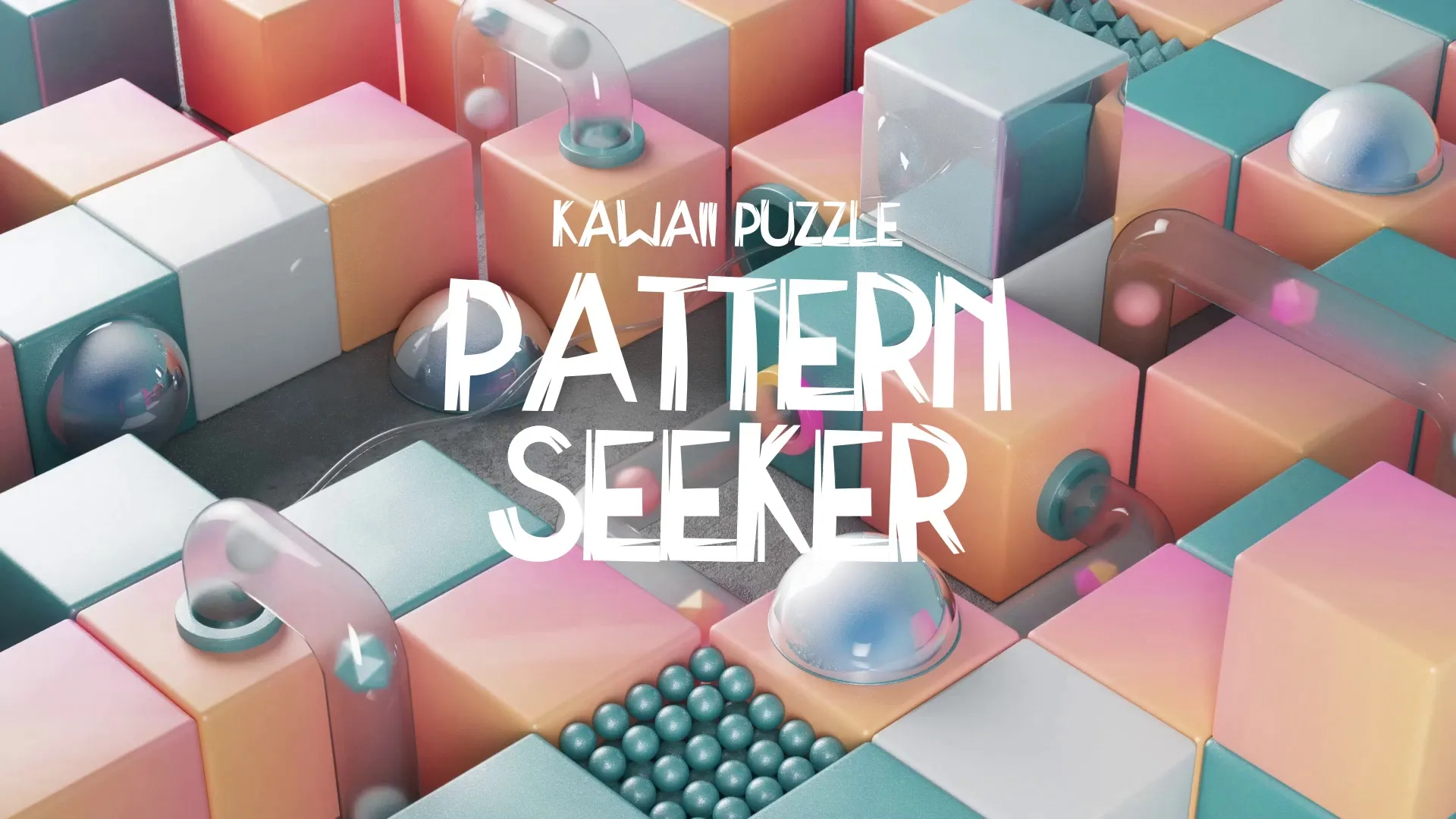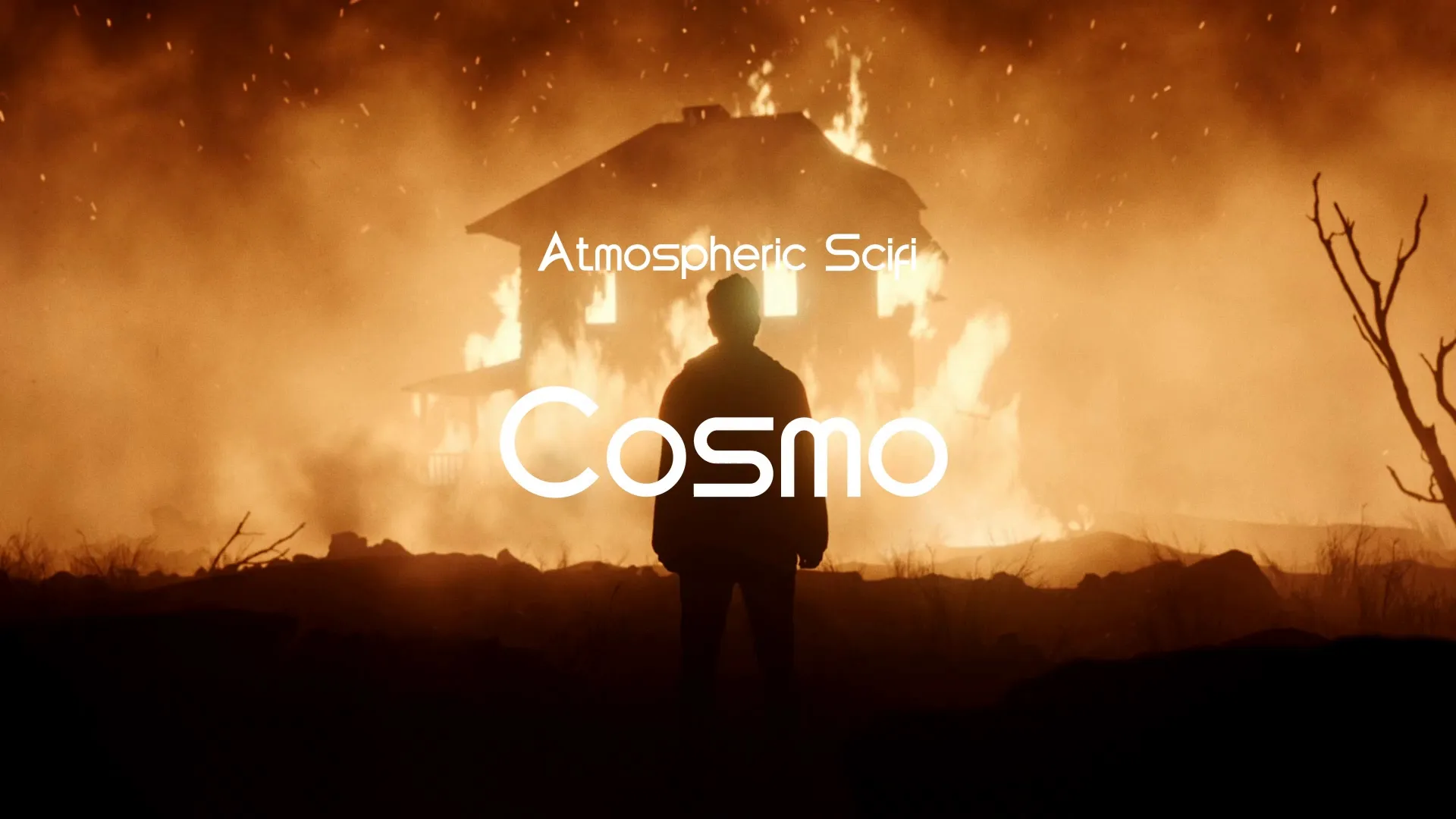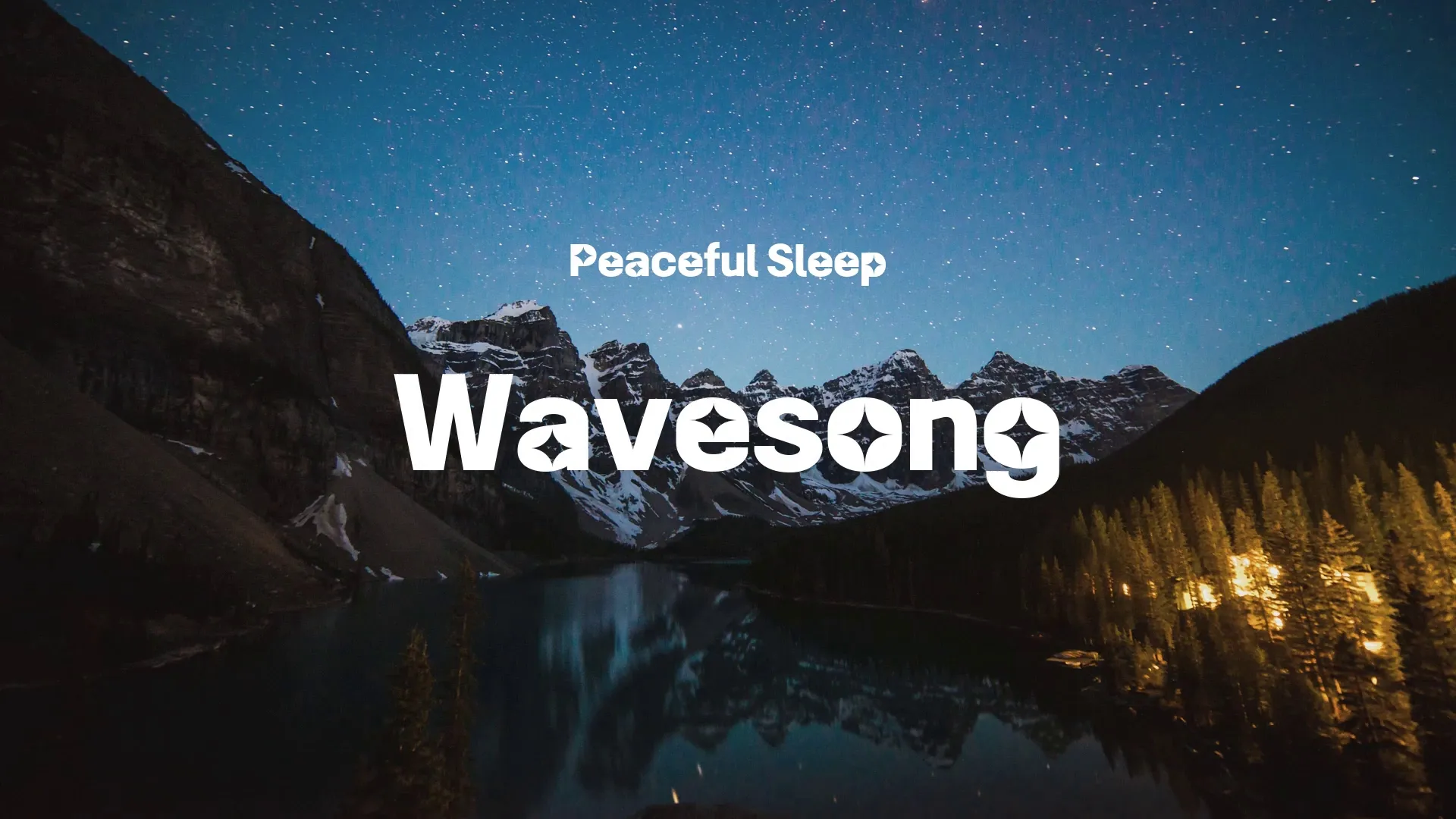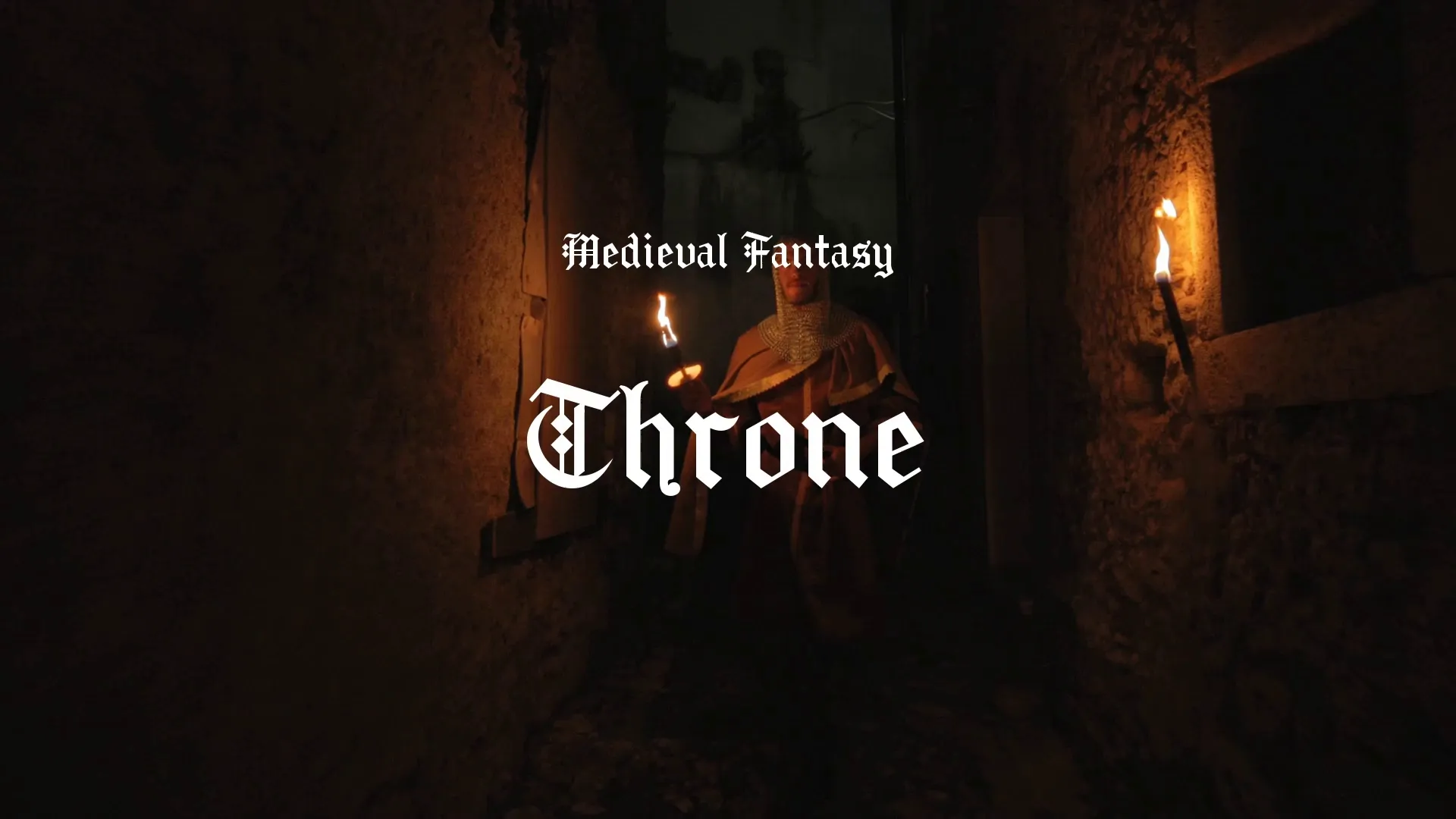Game Music AI Generator: Composing Dynamic Soundtracks for Indie Games
Indie game development often demands innovative solutions for resource constraints. Music composition, traditionally a time-consuming and costly endeavor, is now being revolutionized by AI. A game music AI generator offers a powerful avenue for creating dynamic and adaptive soundtracks, enhancing player immersion without stretching budgets.
Leveraging AI for game music allows indie developers to overcome common production hurdles. It accelerates the creation process, enabling rapid prototyping and iteration of musical themes.
Choosing the Right AI Game Music Generator
Selecting the best AI for game development in music requires evaluating several factors. Look for generators that offer a range of genres, customization options, and export formats compatible with your game engine.
Prioritize tools that provide royalty-free music, ensuring commercial use without licensing complications. Consider AI platforms that allow for iterative adjustments, rather than just one-off generations, to refine your soundtrack effectively.
Integrating AI Music into Your Development Workflow
Integrating a game music AI generator into your existing workflow streamlines audio production. Start by defining the emotional beats and atmospheric needs of each game segment.
Use the AI tool to generate initial themes and variations based on these requirements. For instance, Wayline’s Symphony can compose original, royalty-free game music, providing a solid foundation for your soundscape.
Iterate on these generated tracks, adjusting parameters to match gameplay intensity or narrative shifts. This approach allows for highly adaptive music that responds to player actions, a key trend in modern game design.
Crafting Dynamic and Adaptive Soundtracks
Dynamic soundtracks are crucial for player immersion. AI can generate music that transitions seamlessly between states, such as exploration, combat, or puzzle-solving.
Plan for musical layers that can be activated or deactivated based on in-game events. This creates a more responsive and engaging audio experience than static loops.
Consider how different musical motifs can represent characters, locations, or recurring themes. AI can help in generating variations of these motifs to maintain thematic consistency while introducing freshness.
Overcoming Common Pitfalls
While AI offers significant advantages, developers must avoid common pitfalls. Over-reliance on default settings can lead to generic-sounding music that lacks uniqueness.
Always customize and refine AI-generated tracks to imbue them with your game’s distinct personality. Do not treat AI as a complete replacement for human creativity, but rather as a powerful co-pilot.
Another pitfall is neglecting proper sound mixing and mastering. Even well-composed AI music needs professional audio engineering to sit correctly within your game’s overall soundscape. Ensure you have a process for integrating and polishing these tracks.
Create a free account, or log in.
Gain access to free articles, game development tools, and game assets.















.webp)







